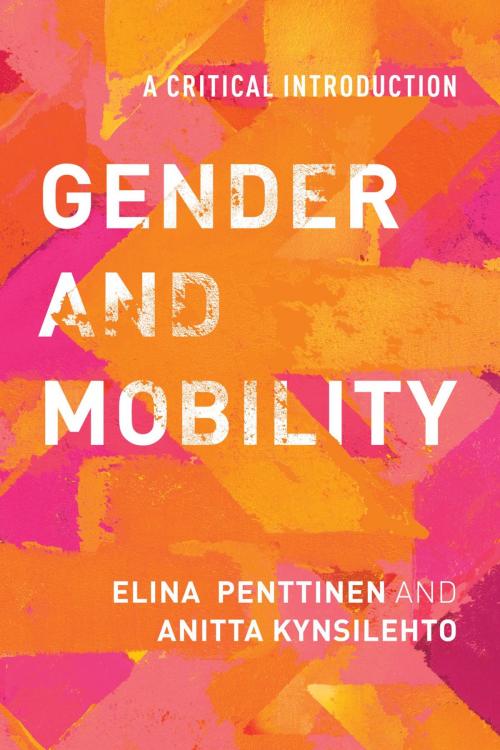Gender and Mobility
A Critical Introduction
Nonfiction, Social & Cultural Studies, Political Science, International, International Relations, Social Science, Gender Studies| Author: | Elina Penttinen, Lecturer in Gender Studies at the University of Helsinki, Anitta Kynsilehto | ISBN: | 9781786602695 |
| Publisher: | Rowman & Littlefield International | Publication: | May 24, 2017 |
| Imprint: | Rowman & Littlefield International | Language: | English |
| Author: | Elina Penttinen, Lecturer in Gender Studies at the University of Helsinki, Anitta Kynsilehto |
| ISBN: | 9781786602695 |
| Publisher: | Rowman & Littlefield International |
| Publication: | May 24, 2017 |
| Imprint: | Rowman & Littlefield International |
| Language: | English |
Our world is characterized by mobility. The number of refugees on the global scale has increased considerably. Meanwhile border control measures and legal avenues for mobility have been severely curbed, and the political climate has become all the more violent against racialized and gendered “Others”. Business elites traverse the fast-track lines to financial hubs and tourists discover new destinations. Ageing societies need people from abroad to perform care work. Domestic workers carve out nearer and further paths to reach employment, often leaving their family members behind in need of care.
This book examines global mobilities from gendered perspectives, asking how gender together with race/ethnicity, social class, nationality and sexuality shape globally mobile lives. By developing analysis that cuts through economic structures, policies and individuals enacting agency, the book demonstrates how intersectional feminist analysis helps to comprehend uneven mobilities. Through multidisciplinary angle the book draws examples from different parts of the world and refuses to provide easy answers. Calling for students, scholars and general readers alike, the book invites the reader to imagine and relate to the world in manifold ways.
Our world is characterized by mobility. The number of refugees on the global scale has increased considerably. Meanwhile border control measures and legal avenues for mobility have been severely curbed, and the political climate has become all the more violent against racialized and gendered “Others”. Business elites traverse the fast-track lines to financial hubs and tourists discover new destinations. Ageing societies need people from abroad to perform care work. Domestic workers carve out nearer and further paths to reach employment, often leaving their family members behind in need of care.
This book examines global mobilities from gendered perspectives, asking how gender together with race/ethnicity, social class, nationality and sexuality shape globally mobile lives. By developing analysis that cuts through economic structures, policies and individuals enacting agency, the book demonstrates how intersectional feminist analysis helps to comprehend uneven mobilities. Through multidisciplinary angle the book draws examples from different parts of the world and refuses to provide easy answers. Calling for students, scholars and general readers alike, the book invites the reader to imagine and relate to the world in manifold ways.















